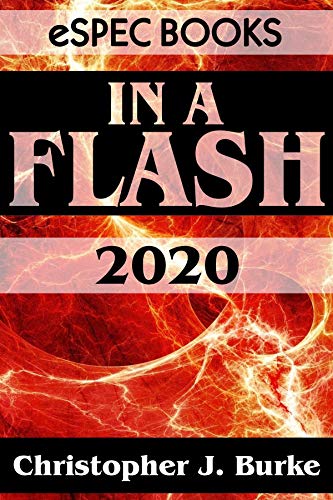Now that I'm caught up with the current New York State Regents exams, I'm revisiting some older ones.
More Regents problems.
Geometry Regents, January 2011
Part I: Each correct answer will receive 2 credits.
21. In circle O, a diameter has endpoints (−5,4) and (3,−6). What is the
length of the diameter?
1) √2
2) 2√2
3) √10
4) 2√41
Answer: 4) 2√41
The Distance Formula is d = √( (x1 − x2)2 + (y1 − y2)2 ).
So d = √( (-5 − 3)2 + (4 − -6)2 )
= √( (-8)2 + (10)2 )
= √( 164 )
= √( (4)(41) )
= 2√(41), which is an ugly result, but it is also Choice (4).
22. In the diagram below of quadrilateral ABCD, AB || CD, ∠ABC ≅ ∠CDA, and diagonal
AC is drawn.
Which method can be used to prove that △ ABC is congruent to △CDA?
1) AAS
2) SSA
3) SAS
4) SSS
Answer: 1) AAS
There is NO SSA Postulate or Theorem. Spell it backward if you think there is! (That's a joke.)
The only side that you are given is diagonal AC, which is in both triangles and is congruent to itself through the Reflexive Property. With no information about any other sides, there can be at most 1 S in the solution. Eliminate Choices (2), (3) and (4).
You are given one pair of angles with ∠ABC ≅ ∠CDA. You also have AC as a transversal across two parallel lines. So ∠BAC ≅ ∠DCA. That gives AAS, which is Choice (1).
23. In the diagram below of right triangle ABC, CD is the altitude to
hypotenuse AB, CB = 6, and AD = 5.
What is the length of BD?
1) 5
2) 9
3) 3
4) 4
Answer: 4) 4
The three right triangles in the picture (left, right, and big) are all similar, which makes their sides proportional.
In particular, this makes
x / 6 = 6 / (x + 5)
So x2 + 5x = 36
And x2 + 5x - 36 = 0
Which factors to (x + 9)(x - 4) = 0
So x = -9 or x = 4
Discard the negative result, and x = 4, which is Choice (4).
24. In the diagram below, quadrilateral JUMP is inscribed in a circle.
Opposite angles J and M must be
1) right
2) complementary
3) congruent
4) supplementary
Answer: 4) supplementary
Angle J and angle M are both inscribed angles. Between the two of them, they intercept the entire circle, measuring 360 degrees of combined arcs.
Inscribing angles are half of the size of the arcs that they intercept. Half of 360 is 180. The two angles, however, big they are, must have a total of 180. That makes them supplementary.
The angles could be right, but do not have to be. The angles could be congruent, but they do not have to be. However, if they were right, then they would have to be congruent, and vice versa.
The angles could NOT be complementary. One of the angles will over 90 degrees or each will be exactly 90 degrees.
More to come. Comments and questions welcome.
More Regents problems.
I also write Fiction!You can now preorder Devilish And Divine, edited by John L. French and Danielle Ackley-McPhail, which contains (among many, many others) three stories by me, Christopher J. Burke about those above us and from down below. Preorder the softcover or ebook at Amazon. Also, check out In A Flash 2020, by Christopher J. Burke for 20 great flash fiction stories, perfectly sized for your train rides. Available in softcover or ebook at Amazon. If you enjoy it, please consider leaving a rating or review on Amazon or on Good Reads. |
 |
 |



















No comments:
Post a Comment